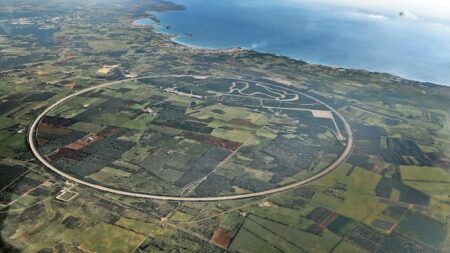ZF TRW, has announced its first production contract for its Integrated Brake Control (IBC) system – a vacuum independent technology which simplifies the brake system architecture while offering enhanced performance.
The IBC replaces – in a single integrated unit – the electronic stability control system along with the vacuum booster and the associated cables, sensors, switches, electronic controllers and vacuum pumps where they are required for low or no vacuum configurations. It is a highly scalable solution that can support the brake system requirements from A segment cars through to large Sport Utility Vehicles.
“The Integrated Brake Control system represents the future of braking technology and helps to satisfy the global industry trends of CO2 efficiency, safety and automated driving,” explained Manfred Meyer, vice president, ZF TRW braking systems. “It supports all powertrain configurations and can integrate regenerative braking technology for hybrids and electric vehicles; helps deliver advanced safety in the form of rapid building of brake pressure for high dynamic demands such as automatic emergency braking; and will support the gamut of brake vehicle control and stopping requirements for partially to fully automated driving functions.”
At the heart of the system is an actuator that is driven by a fast acting motor capable of brake pressure builds that translate into up to one g vehicle deceleration in less than 150ms for significantly reduced stopping distances. This is particularly important when seeking to comply with the stringent new test protocols for EuroNCAP that simulate pedestrian and crossing bicyclists in urban environments.
In addition IBC offers packaging and weight advantages, typically weighing about 25-30% lighter than a comparable traditional brake system configuration. This can add additional fuel savings and space savings for vehicle manufacturers.




